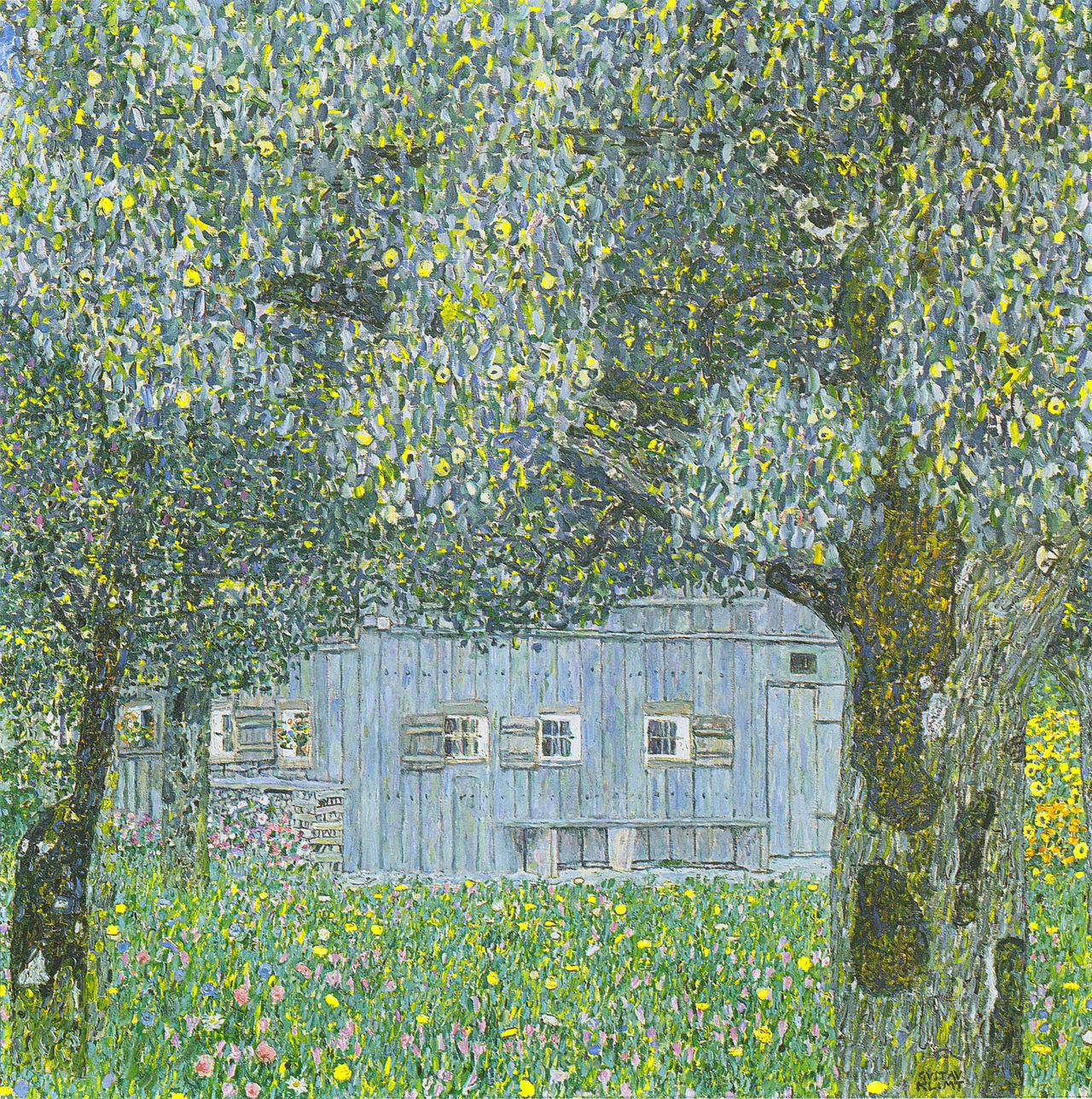
.
Editor’s note: When I read the newspapers about the Middle East my reactions run from horror to incomprehension to anger to sorrow. Somewhere in that pile of news — that mess — there are real people living real lives, or at least trying to. I yearn to meet these people — the ordinary people. I yearn to smell and experience these places. To eat the food. Talk to people.
But I’m a chicken. I’ve never been off this continent. (Don’t tell anyone. It’s sort of embarrassing.)
Then I made a wonderful discovery. Susy Cantwell. I’ve known and admired Susy for years. What I didn’t know is that she and husband Paul travel the world. They’re as comfortable in Lima as they are in Istanbul or Prague. They “get into it.” The food, the bazaars, the local people, the crazy cab drivers — the works!
Susy’s Hungarian. Grew up in Hungary. How on earth she made her way from Hungary to Malone and married Paul is a story I’d like to hear someday. (Mail-order bride?) In any case, the cultures of the world are an endless source of fascination to her and Paul.
I contacted her recently, asking if she would share her fascination with our readers. I was especially eager for her thoughts on the Middle East and Moslem culture.
She responded with the essay, below. In a handful of paragraphs, she humanized the Moslem world. (Who else do you know who compares underwear with Moslem women at a visitor center outside Cairo?) I stopped seeing Middle Easterners as stereotypes and — presto! — began recognizing real human beings. (Though, I must say, I never compare underwear with strangers at visitor centers. Never ever.)
I’ve asked her to continue her reports, wherever her airline ticket and pen and her courage take her.
— Susy Cantwell
.
Like everybody, I am in awe of Egypt’s wonders. Paul and I have visited the country twice over the past 20 years.
.

.
On our first visit, Cairo seemed subdued. There were many devout Moslems, especially in the countryside. Most were reserved.
Though not all. At one point, waiting by myself outside a monastery where women were excluded, I was approached by several young women wearing the long black burka. There were no men around. The women were giggling. It turned out they wanted to see — my underwear!
Chuckling, I obliged.
They reciprocated, discreetly showing me their own underclothes beneath long, shapeless gowns.
We had a good laugh and were instant friends.
Welcome to Egypt!
.

.
On our second visit we hired a guide, a man of about 50 with the distinctive mark of a practicing Muslim on his forehead (a permanent scar). He beamed when he heard that my favorite food is the Egyptian favorite and cheapest. Koscharka (koshari). He said that during a recent period when tourists were avoiding Egypt, his mother and mother-in-law had set up a small, street-side eatery, selling the dish to help support the family.
.

.
These are the stories that don’t make it into the evening News.
In Cairo we were escorted by a young woman, heavily covered. Shosanna said her husband was a guide and interpreter of Hebrew. We had a delightful time together. She disclosed that she had teenage daughters who weren’t always happy with the strict Moslem dress code.
Like all traditional Egyptian families, Shosanna lived with her husband’s parents, where the mother-in-law set the rules. While she wasn’t openly critical, she obviously wasn’t thrilled with the arrangement. She was interested and openly envious of our freedom in the home.
There was a day when she picked us up at the hotel. I was happily surprised to see her wearing a street-length skirt. “Of course,” she commented, “I dress western in a western hotel when I’m working.” She approvingly pointed out a large billboard showing a young woman with long, flowing hair, who was running for city council. A Christian. She readily showed us ancient Coptic Christian churches as well as an ancient synagogue, closed after the Jews were forced to leave Egypt.
In the few days we spent with her, Shosanna became a friend.
.

.
One afternoon we made plans to see the whirling dervishes. Not quite trusting us, our guide set us up with a friend, a businessman accompanied by his beautiful teenage granddaughter. He himself spoke no English but the girl, about 15, was nearly fluent. Bareheaded, she revealed that she planned to study medicine at Oxford, and wanted to practice her English on us. (I hope she made it!)
Under the burka and in our dreams — are we not the same?
On our last day we toured the Oasis pyramid, accompanied by armed guards since traveling to such places isn’t safe for westerners. Afterward, Shoshanna joined us for lunch, at our request, at an exceptionally luxurious western-style resort. Whereupon I had another one of those personal and touching experiences — the kind of thing that doesn’t get reported in the news. When I excused myself at the end of the meal, I was surprised when Shosanna asked, somewhat shyly, if she could join me.
She confessed she had never seen a western-style restroom, and was unfamiliar with its conveniences. She was fascinated!
.

.
Under the burka and in our hopes and dreams we’re kinsmen, after all.
.
